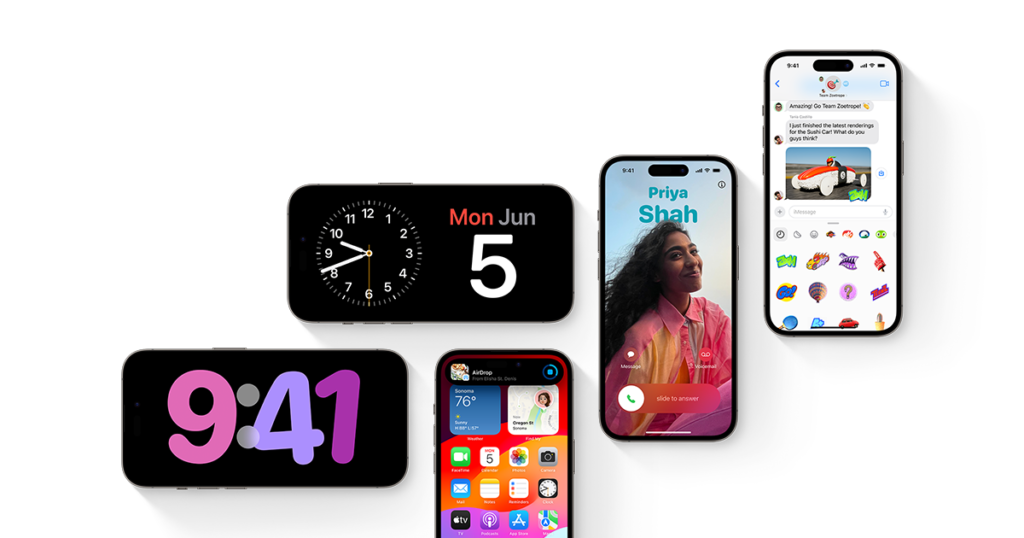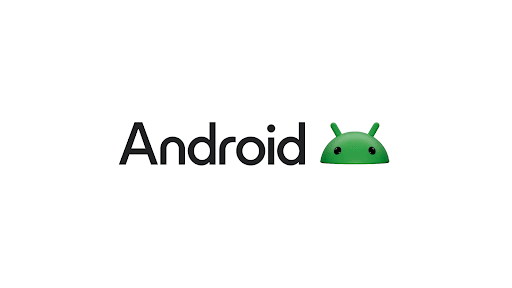The Best smartphone market is dominated by two primary operating systems: Android vs iOS.
Both offer unique advantages and cater to different user preferences. Let’s delve into the key differences between these two giants.
In the world of smartphones, the debate between Android vs iOS is a perpetual one. Both operating systems have their distinct strengths and weaknesses, catering to different types of users. Whether you’re a fan of customization or a devotee of simplicity, the choice between Android and iOS can significantly impact your smartphone experience. This article Android vs iOS delves into the key differences, strengths, and weaknesses of both platforms to help you make an informed decision.
1. Customization and Flexibility
One of the most significant differences between Android vs iOS lies in the level of customization they offer. Android, developed by Google, is renowned for its open-source nature. This means that manufacturers and users alike have a high degree of freedom to customize the software. Android allows users to modify their home screens, install custom ROMs, and even change the entire user interface if desired. For tech enthusiasts who love to tweak and personalize their devices, Android offers an unparalleled level of flexibility.
On the other hand, iOS, developed by Apple, is known for its closed ecosystem. The operating system is more rigid, with fewer options for customization. While this might seem like a limitation, it also contributes to a more consistent and polished user experience. The design of iOS is uniform across all devices, ensuring that users can easily navigate the system, regardless of the model they use. This consistency is a significant advantage for users who prefer simplicity and reliability over extensive customization.
2. App Ecosystem and Quality
When it comes to the app ecosystem, both Android and iOS have their unique strengths. The Google Play Store, Android’s app marketplace, boasts a larger number of apps due to its open nature, allowing developers to easily publish their apps. This results in a broader range of applications, including many free and innovative options. However, this openness also means that the Play Store can be more susceptible to lower-quality apps or even malware, though Google has been making significant strides in improving security.
iOS, with its App Store, offers a more curated experience. Apple’s stringent app review process ensures that only high-quality applications make it to the store, leading to a more secure and reliable ecosystem. iOS apps are often optimized better for the hardware, providing a smoother and more consistent experience. Additionally, many developers prioritize iOS for launching new apps and updates, given its profitability and the spending habits of iOS users. This often means that iOS users get access to new apps and features before their Android counterparts.
3. Hardware Variety vs. Optimization
Android is available on a wide variety of devices from different manufacturers, including Samsung, Google, OnePlus, and Xiaomi. This diversity allows consumers to choose from a range of devices that vary in price, features, and design. Whether you’re looking for a budget phone or a high-end flagship with cutting-edge technology, there’s likely an Android device that fits your needs. However, this variety can also lead to fragmentation, where not all devices receive updates simultaneously, and some may not receive them at all.
In contrast, iOS is exclusive to Apple devices, including the iPhone, iPad, and iPod Touch. This exclusivity allows Apple to optimize its software specifically for its hardware, resulting in a seamless integration that enhances performance and battery life. The tight integration also means that all eligible iOS devices receive updates simultaneously, ensuring a consistent experience across the board. However, this also means that iOS users have limited choices when it comes to hardware, with fewer options to choose from compared to Android.
4. Security and Privacy
Security and privacy are crucial considerations in today’s digital age. iOS has a strong reputation for prioritizing user privacy, with features like app permissions, encrypted messaging, and data minimization. Apple’s commitment to privacy is evident in its refusal to compromise user data, even in the face of government pressure. This makes iOS a preferred choice for users who prioritize security and privacy.
Android has made significant improvements in security over the years, with features like Google Play Protect and regular security updates. However, the open nature of Android means that it is inherently more vulnerable to security risks. The fragmentation of devices and the delay in rolling out updates further contribute to these vulnerabilities. That said, tech-savvy users can take advantage of Android’s flexibility to implement additional security measures, but this requires more effort.
Android: Openness and Customization
Android, developed by Google, is an open-source platform that allows for extensive customization.This flexibility has led to a vast array of devices, from budget-friendly options to high-end flagships.
Pros:
- Variety: Choose from a wide range of devices with varying prices, sizes, and features.
- Customization: Tailor your phone’s appearance and functionality to your liking with countless options.
- App Store: Google Play Store offers a massive selection of apps, games, and other content.
- Affordability: Android devices often come at more competitive price points.
Cons:
- Fragmentation: Different manufacturers and versions of Android can lead to inconsistencies in performance and features.
- Security: Openness can sometimes pose security risks if not properly managed.
- Bloatware: Some pre-installed apps can slow down devices and consume storage.
iOS: Simplicity and Integration
iOS, developed by Apple, is a closed ecosystem that prioritizes user experience and security.
iPhones and iPads are known for their sleek design and seamless integration with other Apple products. https://www.apple.com/in/ios/ios-17/
-
Pros:
- User Experience: iOS is renowned for its intuitive interface and smooth performance.
- Security: Apple’s strict control over the ecosystem helps to maintain a high level of security.
- App Quality: The App Store often has a higher standard for app quality and design.
- Ecosystem: Seamless integration with other Apple devices like MacBooks and iPads.
- User Experience: iOS is renowned for its intuitive interface and smooth performance.
-
Cons:
- Limited Customization: While iOS offers some customization options, it’s not as extensive as Android.
- Higher Price Point: Apple devices generally come with a premium price tag.
- Less Choice: Fewer device options compared to Android.

The Android vs iOS debate is likely to continue for years to come. Both platforms have their strengths and weaknesses, and the best choice for you will depend on your specific requirements and preferences. https://infomate26.com/category/blog/
Conclusion
The choice between Android vs iOS ultimately depends on your personal preferences and priorities. If you value customization, a wide range of hardware choices, and are willing to take a bit more responsibility for security, Android might be the better choice. On the other hand, if you prefer a polished, consistent experience with top-notch security and privacy, iOS could be the platform for you. Both operating systems have evolved significantly over the years, offering unique experiences that cater to different types of users. The decision is not so much about which is better, but rather which aligns more closely with your needs and lifestyle.

